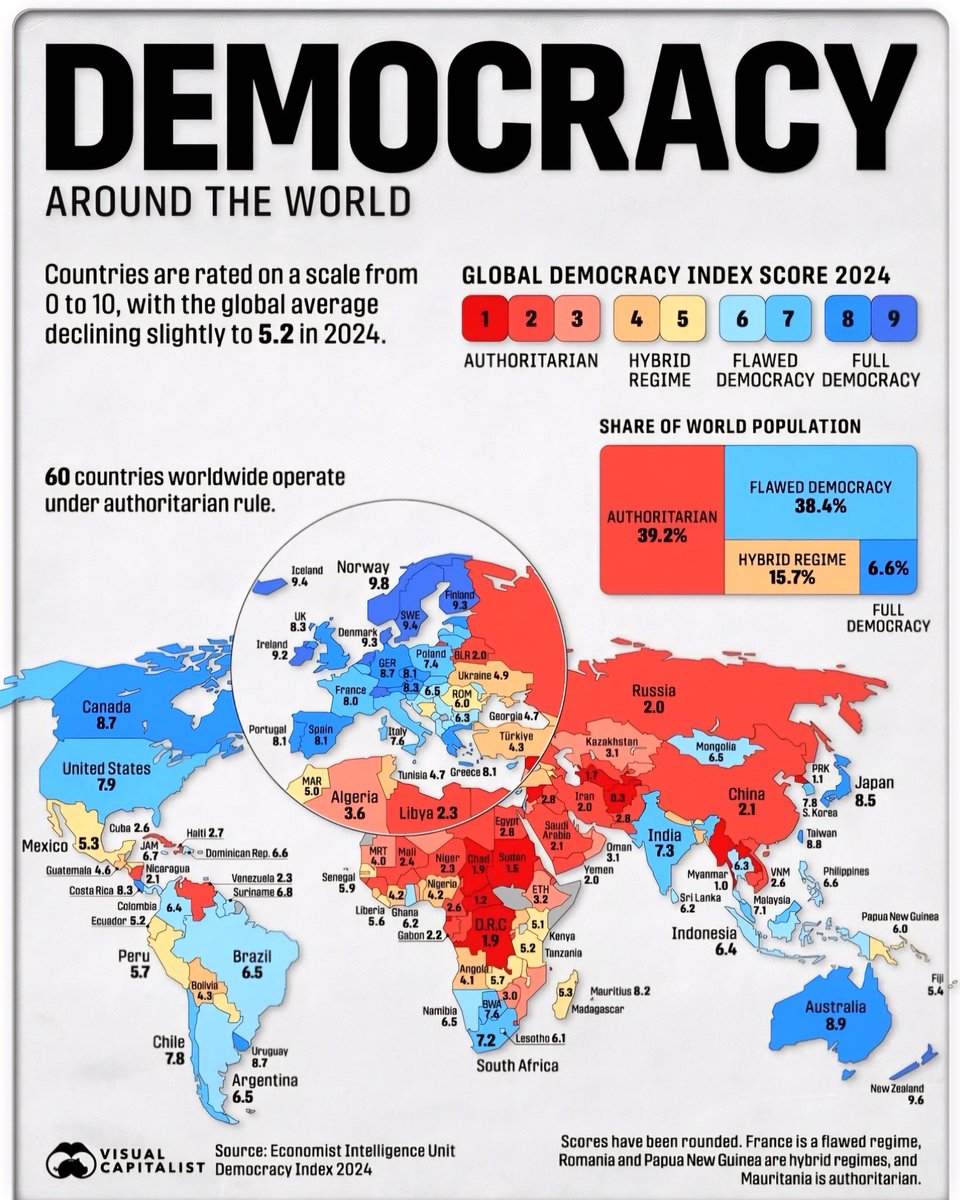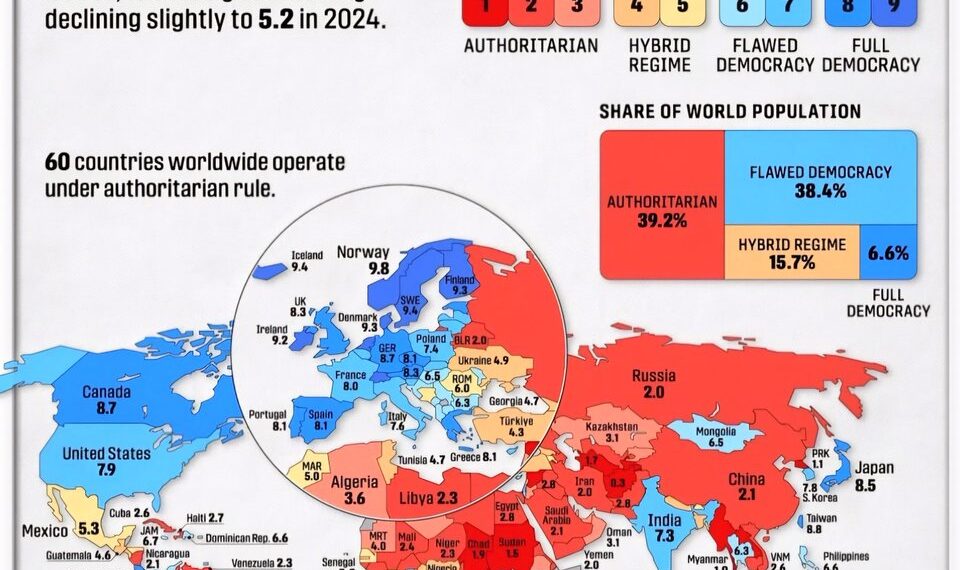Select Language:
The State of Global Democracy in 2025: Key Highlights

The landscape of democracy continues to evolve across the globe, shaping political narratives, influencing leadership, and impacting everyday lives. Here are the top developments shaping democracy around the world in 2025:
1. Rising Democratic Resilience in Eastern Europe
Countries such as Poland and the Baltic States have demonstrated remarkable resilience amidst increasing political challenges. Facing pressures from authoritarian tendencies within their borders, these nations have bolstered their democratic institutions, emphasizing judicial independence and free press. Their commitment to safeguarding democratic norms has garnered international praise, spotlighting the importance of vigilance and civic engagement.
2. The Unexpected Democratic Turn in Latin America
Several Latin American nations, notably Colombia and Chile, have experienced significant political shifts towards strengthened democratic governance. Recent reforms include anti-corruption measures, electoral reforms, and increased protections for civil liberties. These efforts mark a promising trend in a region historically marked by political instability, suggesting a renewed adherence to democratic principles.
3. Digital Democracy: The New Frontier
2025 sees an unprecedented rise in the adoption of digital tools to promote citizen participation. Governments worldwide are leveraging e-voting, online forums, and social media platforms to enhance transparency and civic engagement. While these innovations increase accessibility, they also pose challenges relating to cybersecurity and misinformation, prompting new policies to protect electoral integrity.
4. Democratic Backsliding and Erosion of Rights
Despite positive trends, certain countries such as Myanmar and Venezuela continue grappling with democratic backsliding. Despite international sanctions and activism, authoritarian regimes maintain tight control over media, suppress dissent, and manipulate electoral processes. These scenarios serve as cautionary tales, emphasizing the need for global solidarity and democratic support.
5. The Role of Youth in Shaping Democratic Futures
Young voters are increasingly pivotal in elections across North America, Africa, and parts of Asia. Driven by issues such as climate change, social justice, and economic reform, youth engagement is transforming political landscapes. Initiatives aimed at empowering young leaders and amplifying their voices are fostering more inclusive democratic processes.
6. Impact of Global Crises on Democratic Norms
The ongoing effects of climate change, economic disparities, and health crises have placed democracies under strain. Governments have faced mounting pressure to adapt policies that balance security and individual rights. Public demand for transparency and accountability is propelling reforms aimed at building more resilient democratic systems.
7. Emerging Democracies Making Strides
New democracies emerging from conflicts, such as those in parts of Africa and Southeast Asia, are showing promising signs of political stability and institutional development. International partnerships and local civic engagement are crucial to ensuring these nations sustain democratic gains and foster socio-economic growth.
8. The Fight Against Authoritarianism
Global efforts to counter authoritarian tendencies continue to intensify. Nations are strengthening alliances to promote democratic values through organizations like the United Nations and regional bodies. Promoting free press, judicial independence, and electoral integrity remains central to these endeavors.
9. Economic Policies and Democratic Stability
Economic inequality persists as a major concern impacting democratic stability. Policymakers are increasingly focusing on equitable economic reforms to reduce disparities, believing economic fairness directly correlates with social cohesion and political stability.
10. The Future of Democracy: Challenges and Opportunities
While democracy faces considerable hurdles—from emerging authoritarian regimes to digital misinformation—2025 also presents opportunities for reinvigoration through technological innovation, global cooperation, and civic participation. The resilience of democratic processes will fundamentally depend on continued vigilance and adaptability by governments and citizens alike.
The political world in 2025 remains dynamic, reflecting both progress and ongoing struggles. As countries navigate these complexities, the core principles of democracy—transparency, representation, and accountability—continue to guide the pursuit of a better, fairer society worldwide.






